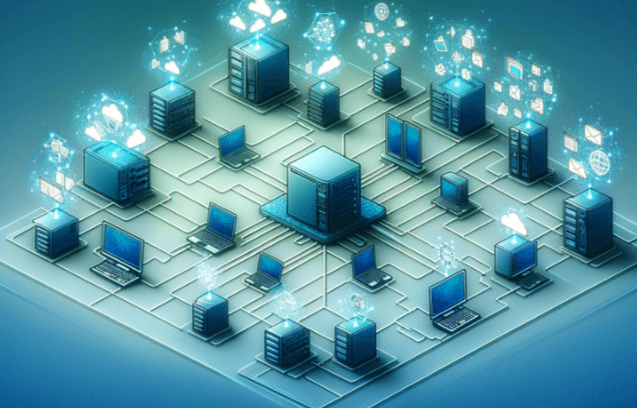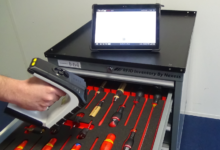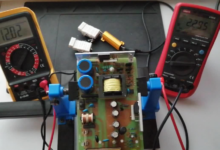What technological innovations are driving the future of smart homes and connected devices?

Introduction: Navigating the Smart Home Landscape
Smart homes are rapidly becoming a fixture in the fabric of modern living, driven by advancements in technology that offer enhanced convenience, security, and energy management. This exploration into the technological innovations reshaping smart homes will uncover how these developments are integrating into everyday life, promising a future where our homes are not only more connected but also more intuitive.
The Pivotal Role of Artificial Intelligence in Smart Homes
Artificial Intelligence (AI) is the cornerstone of modern smart home ecosystems, providing the intelligence that allows devices to make decisions and learn from user interactions. AI’s capability to analyze vast amounts of data and adapt to homeowners’ lifestyles is leading to personalized environments that anticipate needs and preferences.
Enhanced Connectivity Through IoT
The Internet of Things (IoT) is critical in the evolution of smart homes, with devices interconnected to offer seamless control and monitoring. This network of devices communicates data and commands across the home, from smart thermostats adjusting temperatures autonomously to refrigerators managing grocery lists.
The Impact of 5G on Smart Home Technologies
5G technology promises to transform smart home functionality with its superior speed and connectivity. This next-generation network supports a larger array of devices with reduced latency, enabling real-time data transmission that enhances device interactivity and efficiency.
Voice Control and Natural Language Processing Advances
Voice-controlled devices, powered by advances in natural language processing, are becoming more prevalent in smart homes. This technology allows for more natural interactions with devices, improving user experience by understanding and processing user commands more effectively.
Innovative Smart Home Security Systems
Security is a major focus in smart home technology, with new innovations offering more robust protection. From biometric security systems to advanced motion sensors and AI-driven surveillance cameras, these technologies provide peace of mind through enhanced safety features.
Sustainability and Smart Energy Systems
Smart homes contribute to environmental sustainability by optimizing energy use. Technologies like smart meters and energy-efficient appliances help manage electricity consumption more effectively, reducing the carbon footprint of homes.
Robotic Helpers: From Vacuuming to Personal Assistance
Robots are increasingly becoming part of the smart home, offering assistance from simple cleaning tasks to more complex chores like cooking and personal care, reflecting the growing trend of automation in household tasks.
Health Monitoring Integrated into Smart Living
Health monitoring technologies seamlessly integrate into smart homes, providing vital data on residents’ health conditions. These devices can monitor everything from heart rates to sleep patterns, alerting users and medical professionals to health concerns early.
Addressing the Challenges: Security and Privacy Concerns
As smart homes become smarter, they also face significant challenges, particularly concerning security and privacy. Addressing these issues is crucial in ensuring that smart homes remain safe and that user data is protected.
Predictions for the Future: What’s Next for Smart Homes?
The future of smart homes looks to incorporate even more advanced technologies, such as augmented and virtual reality for enhanced interaction and machine learning for deeper behavioral insights, pointing to a future where our homes not only understand our needs but anticipate them.
Conclusion: Embracing a Connected Future
The trajectory of smart homes is marked by continuous innovation. As technology progresses, the potential for more connected and responsive living environments becomes apparent, promising a future where our homes embody the pinnacle of convenience, comfort, and care.







